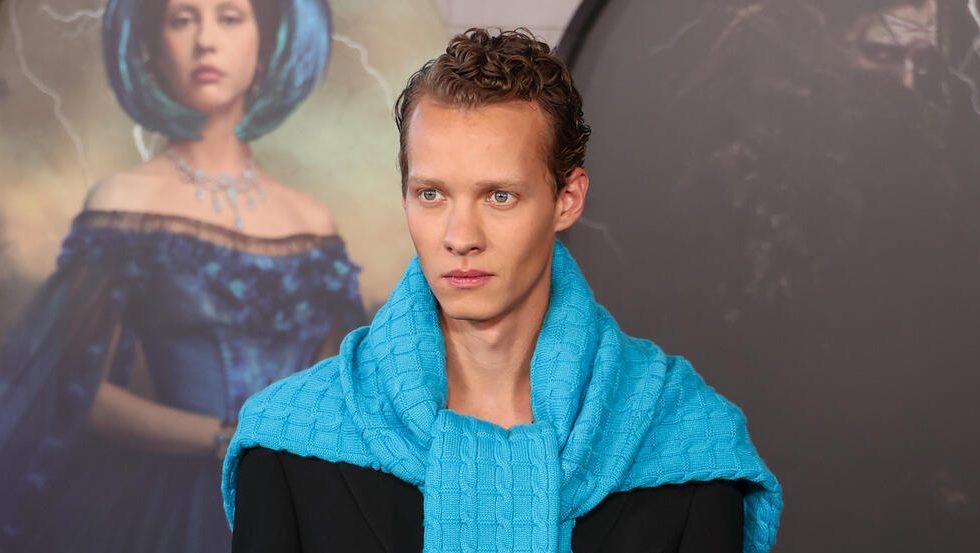Following his WWI drama All Quiet on the Western Front, Felix Kammerer‘s next starring role takes him to Nazi-occupied Germany
At Monday’s Los Angeles premiere of Guillermo del Toro‘s Frankenstein, debuting Oct. 17 in select theaters and Nov. 7 on Netflix, the actor revealed to Deadline that he’s already begun training for his upcoming WWII-era tennis biopic Break.
“We’re just in the last moments of developing and getting ready to have a plan. I think we’re aiming to shoot it next year,” said Kammerer on the red carpet at the Academy Museum of Motion Pictures. “It’s a fantastic film, an amazing story, and we’re just bringing back the same team from All Quiet: costume, music, set design, production. And Daniel Brühl directing is something I would have never imagined, but is, I think the perfect choice for that film.”
Directed by Brühl, who co-starred with Kammerer in 2022’s All Quiet on the Western Front and Ron Howard’s new film Eden, Break tells the story of real-life German tennis champion Gottfried von Cramm (Kammerer), who found himself in the crosshairs of the Nazi regime as his sporting star rose in the 1930s.
Although Kammerer is far from Olympic-ready, he noted, “I have started training for that, just occasionally, but I will start training really hard about January, for let’s say, seven, eight months, just playing tennis all day, all week.

Felix Kammerer attends the Los Angeles premiere of Guillermo del Toro’s ‘Frankenstein’ on Oct. 6, 2025 at the Academy Museum of Motion Pictures in Los Angeles.
Glenn Garner/Deadline
“Because I’ve never held a tennis racquet before, I’ve never really played,” he admitted. “I’ve had three or four lessons. Otherwise, I have no idea about tennis. I need to get into that now.”
Adapted by Hossein Amini from Marshall Jon Fisher’s 2009 book A Terrible Splendor: Three Extraordinary Men, a World Poised for War, and the Greatest Tennis Match Ever Played, Break follows Von Cramm’s breathtaking sporting career under the Nazi regime from 1933 to 1945, as he navigates political and personal complexity and a high-stakes love triangle, which meant he went into the 1937 Davis Cup in Wimbledon playing for his life.

